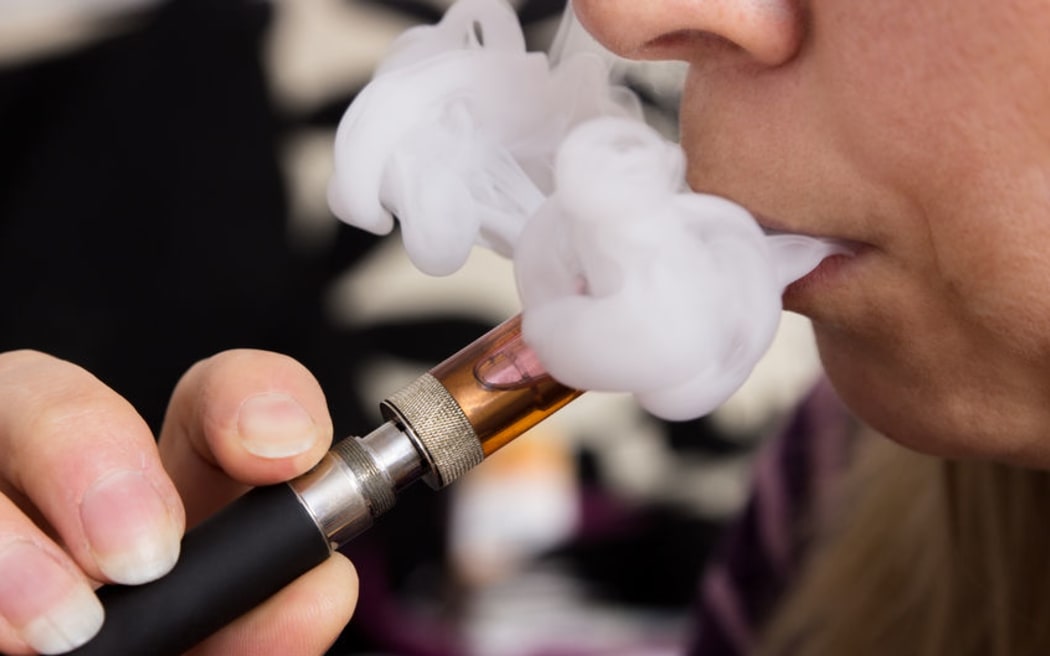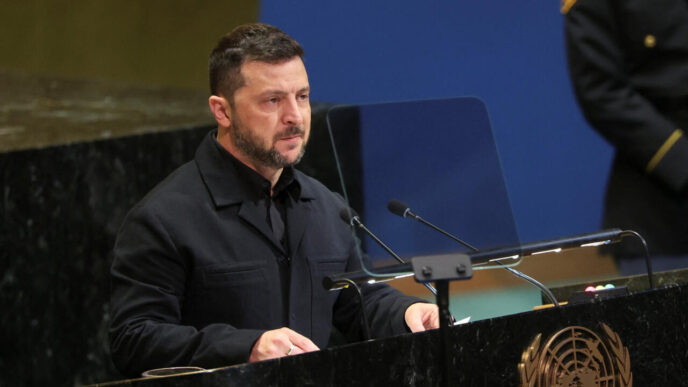The World Health Organisation (WHO) has warned that sleek disposable e-cigarettes and sweet-flavoured nicotine pouches are among a growing range of products deliberately designed to appeal to children, driving a fresh surge in youth nicotine addiction.
Speaking on Monday at the opening of a global tobacco control conference in Geneva, WHO Director-General Tedros Adhanom Ghebreyesus condemned the rising number of young people becoming hooked on these newer products.
“Schools have become the new battleground in the fight against tobacco and nicotine, where companies are actively recruiting the next generation of addicts,” he said.
Tedros told delegates at the 11th session of the Conference of the Parties to the WHO Framework Convention on Tobacco Control (FCTC) that a recent WHO report estimated nearly 15 million teenagers worldwide now use e-cigarettes.
He acknowledged the significant advances made over recent decades in curbing tobacco use.

Yet more than eight million people still die each year from tobacco-related illnesses.
While global youth tobacco consumption has fallen by a third in the past 20 years, he said the industry has responded by creating new products to attract fresh customers.
The UN health agency has repeatedly challenged the tobacco industry’s portrayal of vapes and other emerging nicotine products as safer alternatives to traditional cigarettes or as tools to help smokers quit.
Tedros insisted there is no evidence they offer any overall public health benefit and said growing data highlight their harmful impact, particularly on young people.
He also noted that in 63 countries where data is available, adolescent vaping rates are on average nine times higher than those among adults.
“Let’s be clear,” he said. “The companies making these products are not driven by public health or harm reduction, but by the pursuit of vast profits for their shareholders.”
Tedros urged governments to regulate nicotine pouches, e-cigarettes and heated tobacco products with at least the same level of strictness applied to conventional cigarettes.
He welcomed the fact that several countries had banned such products entirely and encouraged others to impose strong controls on flavours, packaging, marketing, and age restrictions while guarding against industry interference.


 Trending
Trending 












